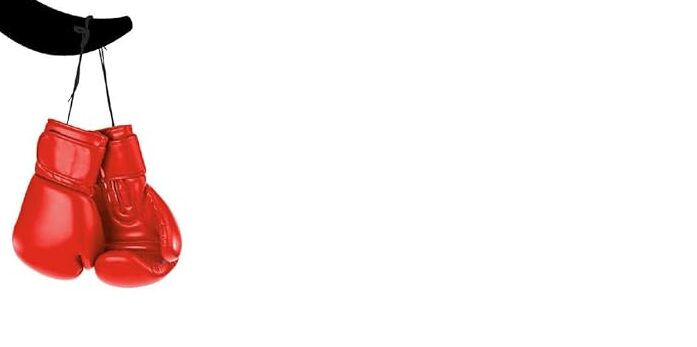Annie Duke – Quit (2022)
Stoppen of opgeven roept een negatief gevoel op. De auteur stelt dat het echter één van de meest ondergewaardeerde vaardigheden betreft. Een makkelijk leesbaar boek dat overtuigend stelt dat ‘quitting’ juist mogelijkheden richting de toekomst verschaft, en daardoor als positief gezien moet worden.

Whether you say ‘pivot’, or ‘moving on to the next chapter’ or strategic redeployment’, all of these things are, by definition, quitting. After all, stripped of its negative connotation, quitting is merely the choice to stop something that you have started.
If you choose to quit, you will always be left to wonder, “What if?”. We are lured to persevering because we want to know. It’s the only way to avoid those ‘what ifs’.
In hindsight, we can see when someone has waited too long to quit, and we tend to be harsh in our judgment of those people. But when someone quits before it seems obvious to others, we mock them for quitting too early. That’s the quitting bind.
Escalation of commitment: when we are in the losses, we are not only more likely to stick to a losing course of action, but also to double down
Sunk costs snowball; the growing debris of your prior commitment makes it increasingly harder to walk away
You ought to tackle the hardest part of the problem first. When trying to get a monkey to juggle flaming torches while standing on a pedestal in a public park, focus on the bottleneck. Tackling the monkey first gets you to ‘no’ faster, limiting the time, effort, and money you sink into a project, making it easier to walk away.
You ought to tackle the hardest part of the problem first. When trying to get a monkey to juggle flaming torches while standing on a pedestal in a public park, focus on the bottleneck. Tackling the monkey first gets you to ‘no’ faster, limiting the time, effort, and money you sink into a project, making it easier to walk away.
“Worldly wisdom teaches that it is better for reputation to fail conventionally than to succeed unconventionally”
- John Maynard Keynes (Economist)
In business, have the people who make the decisions to start things be different from the people who make the decisions to stop those things. Divide and conquer.
Unlike a committed relationship, in just about anything else (e.g., education, career, hobbies, or even the route you take to work), the amount of exploration you’re doing should never go to zero
